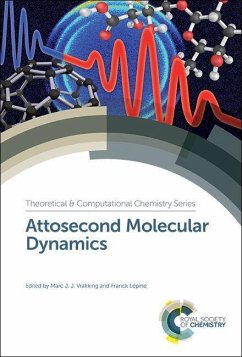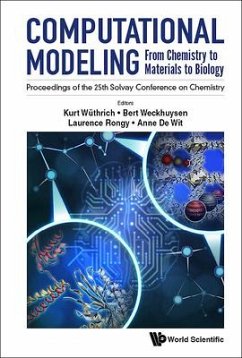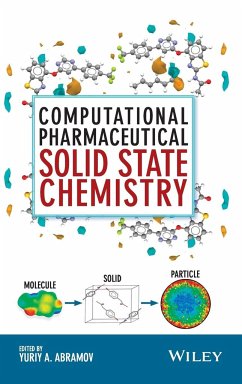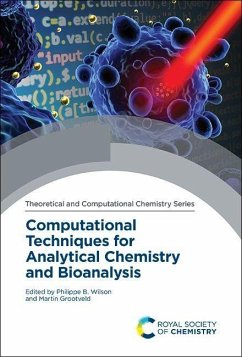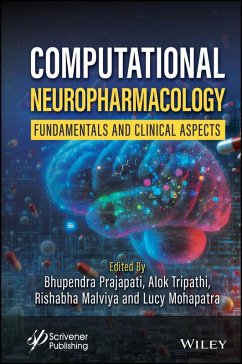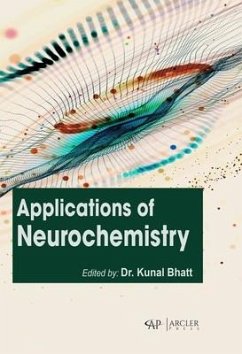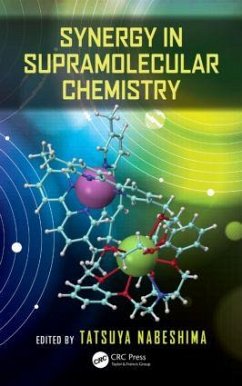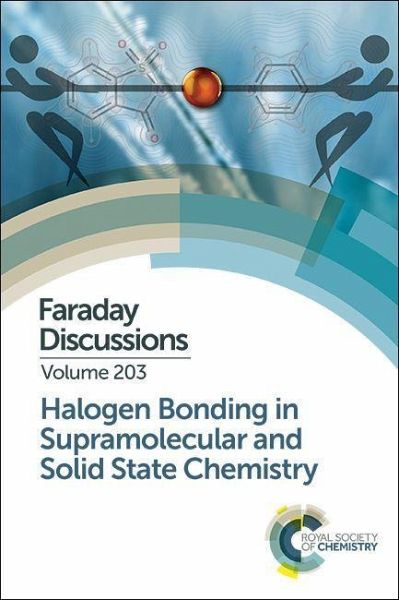
Halogen Bonding in Supramolecular and Solid State Chemistry
Faraday Discussion 203
Versandkostenfrei!
Versandfertig in über 4 Wochen
212,99 €
inkl. MwSt.

PAYBACK Punkte
106 °P sammeln!
The halogen bond may be considered as a special case of sigma-hole bonding, wherein an electron donor interacts with the electrophilic region of a halogen atom. Within this broader picture, sigma-hole bonding can encompass a range of non-covalent interactions which are named after the atom bearing the electrophilic region, also known as the sigma-hole. This Faraday Discussion unites experimentalists and theoreticians, who are pushing the applicability of this broad class of interactions far beyond only the halogens. The book develops a fundamental understanding of key aspects of non-covalent i...
The halogen bond may be considered as a special case of sigma-hole bonding, wherein an electron donor interacts with the electrophilic region of a halogen atom. Within this broader picture, sigma-hole bonding can encompass a range of non-covalent interactions which are named after the atom bearing the electrophilic region, also known as the sigma-hole. This Faraday Discussion unites experimentalists and theoreticians, who are pushing the applicability of this broad class of interactions far beyond only the halogens. The book develops a fundamental understanding of key aspects of non-covalent interactions in solid-state materials, solution chemistry, biochemistry and the gas phase.



